Home>Garden Essentials>What Is Sesame Seed
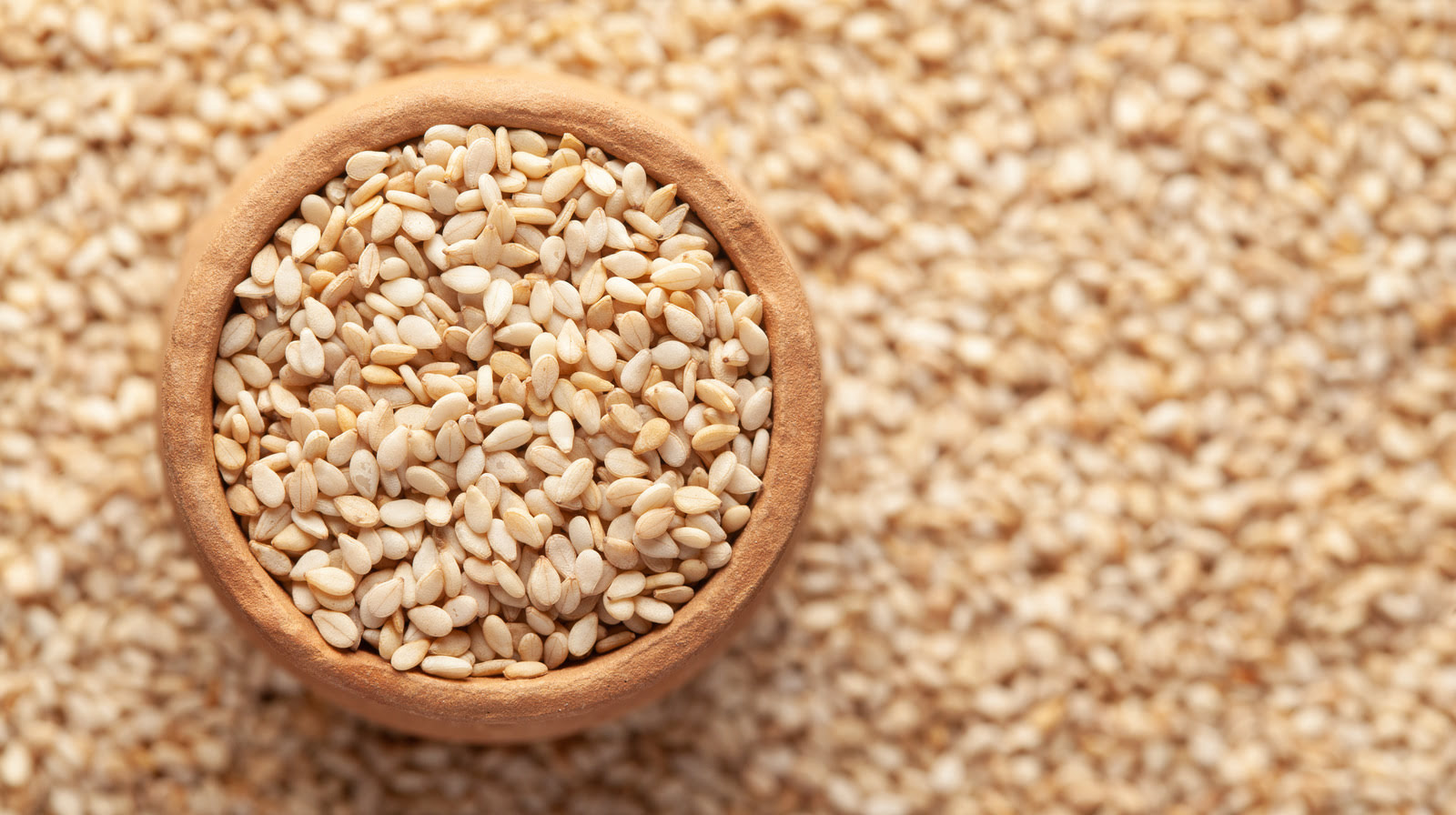

Garden Essentials
What Is Sesame Seed
Modified: October 18, 2024
Discover the versatility and health benefits of garden sesame seeds. Find out how to grow and use these nutritious seeds in your garden and kitchen.
(Many of the links in this article redirect to a specific reviewed product. Your purchase of these products through affiliate links helps to generate commission for Storables.com, at no extra cost. Learn more)
Introduction
Sesame seeds are small, oval-shaped seeds that come from the Sesamum indicum plant. They have been cultivated for thousands of years and are enjoyed for their nutty flavor and crunchiness. Sesame seeds are not only a popular ingredient in various cuisines around the world, but they also offer numerous health benefits.
These tiny seeds have a rich history that dates back to ancient civilizations such as the Babylonians, Assyrians, and Egyptians, who highly valued sesame seeds for their medicinal properties. Throughout the centuries, sesame seeds have been used in traditional medicine, culinary practices, and even beauty rituals.
Today, sesame seeds are widely recognized for their high nutritional content. They are a great source of protein, healthy fats, vitamins, and minerals. Additionally, they are packed with antioxidants, making them a valuable addition to a balanced diet.
In this article, we will delve into the fascinating world of sesame seeds, exploring their history, nutritional value, culinary uses, medicinal properties, and more. Whether you’re a culinary enthusiast or simply looking to improve your overall well-being, this article will guide you through the various facets of sesame seeds and how to incorporate them into your lifestyle.
Key Takeaways:
- Sesame seeds have a rich history and offer a wide range of nutritional benefits, making them a valuable addition to any diet and lifestyle. They are packed with protein, healthy fats, vitamins, minerals, and antioxidants, contributing to overall well-being.
- While sesame seeds are versatile and nutritious, it’s important to be mindful of potential allergies, digestive issues, and other considerations. Moderation and consultation with healthcare professionals when needed are key to making informed choices about sesame seed consumption.
Read more: What Are Hulled Sesame Seeds
History of Sesame Seeds
The history of sesame seeds can be traced back thousands of years, with evidence of their cultivation and use by ancient civilizations. The origin of sesame seeds is believed to be in Africa, specifically in regions such as Ethiopia and Sudan. From there, sesame seeds spread to different parts of the world, including the Middle East, Asia, and Europe.
The Babylonians and Assyrians were among the first civilizations to cultivate sesame seeds around 4,000 years ago. They recognized the nutritional value and versatile nature of these seeds, using them in their daily cooking and incorporating them into traditional medicines.
The ancient Egyptians also held sesame seeds in high regard. They considered them a symbol of immortality and used them as a diverse ingredient, including in bread, oil, and even as a flavoring for wine. Sesame seeds were also used in ancient Egyptian rituals and offerings to the gods.
The popularity of sesame seeds continued to grow as trade routes expanded. They reached India in ancient times, where they became a staple ingredient in Indian cuisine. In fact, India is one of the largest producers and consumers of sesame seeds today.
During the Islamic Golden Age, sesame seeds made their way to the Arabian Peninsula. Arab traders then introduced sesame seeds to countries in the Mediterranean region, where they became an integral part of Mediterranean cuisine. Today, sesame seeds are commonly used in dishes such as hummus, tahini, and falafel.
In medieval times, sesame seeds found their way to Europe through the Silk Road. They quickly gained popularity, particularly in Eastern European cuisines. In traditional Jewish cuisine, sesame seeds are used to make challah bread and are sprinkled on top of bagels.
The cultivation and consumption of sesame seeds continued to spread throughout Asia. In China, sesame seeds are used in various forms, including roasted, ground into paste, and sprinkled on top of dishes for added flavor and texture.
In Japan, sesame seeds are ground into a thick paste called “goma,” which is used as a condiment and ingredient in traditional dishes like sushi and noodles. Similarly, in Korean cuisine, sesame seeds are often used as a garnish and flavor enhancer in dishes like bibimbap and gimbap.
Overall, the history of sesame seeds reflects their importance and versatility across different cultures and cuisines throughout the centuries. Today, they continue to be a beloved ingredient and are cherished for their unique flavor and nutritional benefits.
Nutritional Value of Sesame Seeds
Sesame seeds are tiny powerhouses of nutrition, packed with essential vitamins, minerals, and antioxidants. They are an excellent source of plant-based protein, making them a valuable addition to vegetarian and vegan diets. Let’s take a closer look at the nutritional value of sesame seeds:
- Protein: Sesame seeds are rich in protein, containing approximately 20% protein by weight. This makes them an ideal source of plant-based protein for those looking to increase their protein intake.
- Fats: Sesame seeds are high in healthy fats, including polyunsaturated and monounsaturated fats. These fats are beneficial for heart health and can help maintain healthy cholesterol levels.
- Fiber: Sesame seeds are a good source of dietary fiber, which aids in digestion and helps promote a feeling of fullness. Consuming adequate fiber is essential for maintaining a healthy digestive system.
- Vitamins: Sesame seeds contain various vitamins, including vitamin E, vitamin B6, and thiamine (vitamin B1). Vitamin E is an antioxidant that helps protect cells from damage, while B vitamins support energy production and overall brain health.
- Minerals: Sesame seeds are rich in minerals such as calcium, iron, magnesium, phosphorus, and zinc. Calcium is essential for strong bones and teeth, while iron is important for oxygen transport within the body. Magnesium and phosphorus support overall bone health, and zinc plays a role in immune function.
- Antioxidants: Sesame seeds are packed with antioxidants, including sesamol, sesamin, and sesamolin. These compounds help reduce inflammation in the body and protect against oxidative stress.
It’s worth noting that while sesame seeds are highly nutritious, they are also dense in calories. Therefore, it’s important to consume them in moderation as part of a well-balanced diet.
Incorporating sesame seeds into your meals can be a simple and effective way to reap their nutritional benefits. They can be sprinkled on salads, added to smoothies, used as a topping for roasted vegetables, or even included in homemade granola bars.
Overall, sesame seeds offer a wide range of nutritional benefits, making them a valuable addition to any diet. Including them in your meals can help support overall wellness and contribute to a healthy lifestyle.
Culinary Uses of Sesame Seeds
Sesame seeds are incredibly versatile and can be used in various culinary preparations across different cuisines. Their nutty flavor and crunchy texture make them a popular addition to both sweet and savory dishes. Let’s explore some of the common culinary uses of sesame seeds:
- Baking: Sesame seeds are commonly used in baking to add flavor, texture, and visual appeal. They can be sprinkled on top of bread, rolls, and pastries before baking, adding a delightful crunch. Sesame seeds can also be ground into a fine powder and incorporated into cake batters or cookie dough.
- Tahini: Tahini is a paste made from ground sesame seeds and is a staple ingredient in Middle Eastern cuisine. It is used as a base for popular dishes like hummus and baba ganoush. Tahini can also be used as a spread on sandwiches or as an ingredient in salad dressings and sauces.
- Sesame Oil: Sesame oil is a flavorful oil pressed from sesame seeds. It is commonly used in Asian cooking, particularly in stir-fries, marinades, and dressings. Sesame oil adds a distinct nutty flavor and aroma to dishes and is often used as a finishing oil to enhance the overall flavor profile.
- Garnish: Sesame seeds make a wonderful garnish for a wide range of dishes. They can be sprinkled on top of salads, soups, stir-fries, and roasted vegetables to add a pop of flavor, texture, and visual appeal.
- Sesame Brittle: Sesame seeds are the star ingredient in sesame brittle, a sweet treat made by combining caramelized sugar and sesame seeds. This crunchy confection is enjoyed as a snack or dessert in many cultures around the world.
- Asian Dishes: Sesame seeds are often featured in various Asian dishes, adding depth of flavor and texture. They are commonly used in dishes like sesame chicken, sesame noodles, and sesame tofu. Sesame seeds can be used as a coating for proteins before frying or as a seasoning in sauces and dressings.
Additionally, sesame seeds can be ground into a paste called “Sesame Butter,” which is similar to peanut butter but with a distinct nutty flavor. Sesame butter can be spread on toast, used as a dip for fruits and vegetables, or incorporated into sauces and dressings.
When using sesame seeds in your recipes, it’s best to lightly toast them before adding them to the dish. Toasting sesame seeds brings out their natural oils and enhances their flavor and aroma.
With their versatility and unique taste, sesame seeds can elevate a wide range of dishes and bring a delightful twist to your culinary creations. Experiment with different recipes and get creative with how you incorporate these tiny seeds into your meals.
Medicinal Properties of Sesame Seeds
Sesame seeds have been recognized for their medicinal properties for centuries. They are packed with beneficial compounds that contribute to their potential health-promoting effects. Let’s explore some of the medicinal properties of sesame seeds:
Heart Health: Sesame seeds are rich in monounsaturated and polyunsaturated fats, particularly omega-6 fatty acids. These healthy fats have been shown to help reduce cholesterol levels and improve heart health. Regular consumption of sesame seeds may help lower the risk of cardiovascular diseases such as heart attacks and strokes.
Inflammation and Arthritis Relief: Sesame seeds contain sesamin and sesamolin, two antioxidants with anti-inflammatory properties. These compounds may help reduce inflammation in the body, thereby providing relief for conditions like arthritis. Including sesame seeds in your diet might help alleviate joint pain and swelling associated with arthritis.
Bone Health: Sesame seeds are an excellent source of calcium, which is essential for maintaining strong and healthy bones. Adequate calcium intake, along with other bone-supporting nutrients like magnesium and phosphorus found in sesame seeds, can help prevent osteoporosis and promote overall bone health.
Digestive Health: Sesame seeds are a good source of dietary fiber, which aids in digestion and helps maintain a healthy digestive system. Fiber promotes regular bowel movements, prevents constipation, and supports a healthy gut microbiome.
Anti-Cancer Properties: Sesame seeds contain a group of natural compounds called lignans, which have been studied for their potential anti-cancer effects. These lignans have shown promise in preventing certain types of cancer, including breast, colon, and stomach cancers. However, more research is needed to fully understand the extent of sesame seeds’ anti-cancer properties.
Diabetes Management: Sesame seeds have a low glycemic index, meaning they have a minimal impact on blood sugar levels. Incorporating sesame seeds into a balanced diet can help regulate blood glucose levels, making them a suitable addition for individuals managing diabetes.
Digestive Health: Sesame seeds are a good source of dietary fiber, which aids in digestion and helps maintain a healthy digestive system. Fiber promotes regular bowel movements, prevents constipation, and supports a healthy gut microbiome.
It’s important to note that while sesame seeds offer potential health benefits, they should not be considered a cure for any specific health condition. They should be consumed as part of a well-balanced diet and a healthy lifestyle. If you have any specific health concerns, it is always advisable to consult with a healthcare professional.
Adding sesame seeds to your meals can be a simple and delicious way to incorporate their potential medicinal properties into your diet. From sprinkling them on salads and stir-fries to enjoying them in tahini or sesame oil, there are numerous ways to enjoy the health benefits of these versatile seeds.
Read more: What Are Unhulled Sesame Seeds
Sesame Seeds in Traditional Medicine
Sesame seeds have a long history of use in traditional medicine systems around the world. The ancient civilizations of Egypt, Babylon, and Assyria recognized the healing properties of these tiny seeds and incorporated them into their medicinal practices. Here are some traditional uses of sesame seeds in medicine:
Digestive Disorders: In traditional Chinese medicine (TCM), sesame seeds are believed to promote digestive health. They are used to alleviate constipation and improve overall digestion. Sesame oil is sometimes used as a natural laxative to relieve intestinal discomfort and promote regular bowel movements.
Bone and Joint Problems: Sesame seeds have been used in Ayurvedic medicine to support bone health and alleviate joint pain. They are believed to provide nourishment to the bones and joints, making them beneficial for conditions like osteoporosis and arthritis.
Reproductive Health: Sesame seeds are also used in traditional medicine for their potential effects on reproductive health. In TCM, sesame seeds are considered a kidney tonic and are used to enhance fertility, particularly in women. Additionally, sesame seeds are believed to have aphrodisiac properties and are used to improve libido and sexual function.
Respiratory Health: In traditional Arabic medicine, sesame seeds are used as a natural remedy for respiratory issues. They are believed to help alleviate symptoms of cough, asthma, and bronchitis. Sesame oil is sometimes used as a base for herbal respiratory remedies.
General Well-being: Sesame seeds are often regarded as a symbol of good luck and prosperity in some cultures. In traditional medicine, they are believed to promote overall well-being by boosting energy levels, enhancing vitality, and improving mental clarity.
It’s important to note that while sesame seeds hold a significant place in traditional medicine, scientific research is still limited in validating their medicinal claims. The traditional uses of sesame seeds in medicine should be viewed as part of a holistic approach to health and should not replace medical advice or treatments prescribed by healthcare professionals.
As with any natural remedy, it’s crucial to practice caution and consult with a healthcare professional before using sesame seeds or any other herbal treatment, especially if you have pre-existing medical conditions or are taking medications.
Despite the limited scientific evidence, the historical use of sesame seeds in traditional medicine reflects their importance and significance in various cultures. Incorporating sesame seeds into your diet can be a way to embrace these traditional practices and enjoy their potential health benefits.
Sesame seeds are tiny, oil-rich seeds that come from the sesame plant. They are commonly used in cooking and baking, and are a good source of healthy fats, protein, and minerals like calcium and iron.
Sesame Seeds in Beauty and Skincare
Sesame seeds have not only been valued for their culinary and medicinal properties but also for their potential benefits in beauty and skincare. The natural compounds found in sesame seeds make them a popular ingredient in cosmetic products. Here are some ways sesame seeds are used in beauty and skincare:
Moisturizing Properties: Sesame oil, derived from sesame seeds, is rich in antioxidants and essential fatty acids. It acts as a natural moisturizer, helping to hydrate and nourish the skin. Sesame oil can be used topically to alleviate dryness, improve skin elasticity, and promote a healthy complexion.
Anti-Aging Benefits: Sesame seeds are packed with antioxidants, including sesamol and sesamin, which help neutralize free radicals and protect the skin from premature aging. These antioxidants may help reduce the appearance of fine lines, wrinkles, and age spots, promoting a more youthful-looking complexion.
Exfoliation and Cleansing: Sesame seeds are finely ground into a powder and used as a natural exfoliant to remove dead skin cells and unclog pores. The gentle exfoliating action helps promote a smoother, brighter complexion. Sesame seed powder can be mixed with other ingredients like honey or yogurt to create a homemade face scrub.
Hair Health: Sesame oil is often used in hair care products due to its nourishing and moisturizing properties. Combined with its high mineral content, sesame oil helps strengthen the hair, reduce frizz, and add shine. Massaging sesame oil onto the scalp can also help improve blood circulation, promoting healthy hair growth.
Sun Protection: Sesame oil contains a natural sunscreen called sesamol, which can help protect the skin from the harmful effects of UV rays. It acts as a natural barrier, shielding the skin from sun damage and reducing the risk of sunburn. However, it’s important to note that sesame oil should not be used as a standalone substitute for proper sun protection methods like using sunscreen and wearing protective clothing.
When using sesame seeds or sesame oil in your beauty and skincare routine, it’s important to ensure that you are using high-quality, organic products. Pay attention to any potential allergies or sensitivities and perform a patch test before applying sesame-based products to your skin or hair.
While sesame seeds and sesame oil have been used for centuries in beauty and skincare, it’s always a good idea to consult with a dermatologist or skincare professional for personalized advice and recommendations based on your specific needs and concerns.
Embracing the natural benefits of sesame seeds in your beauty routine can be a delightful way to harness their potential for healthy, radiant skin and hair.
Sesame Seeds in Alternative Medicine
Sesame seeds have gained popularity in the realm of alternative medicine for their potential therapeutic properties. While scientific research is still ongoing, sesame seeds are believed to offer several health benefits beyond their culinary and medicinal uses. Here are some ways sesame seeds are utilized in alternative medicine:
Detoxification: In traditional Ayurvedic medicine, sesame seeds are believed to have detoxifying effects on the body. They are often incorporated into detoxification protocols to cleanse the body of toxins and promote overall well-being.
Energy Balance: Sesame seeds are considered a balancing food in Ayurveda, which is focused on maintaining the balance of energies (doshas) within the body. They are believed to have grounding and nourishing qualities that help restore balance and harmony.
Immune Support: Some alternative medicine practices suggest that sesame seeds may support immune function. The high content of antioxidants and essential nutrients in sesame seeds is believed to help strengthen the immune system, protecting the body against infections and diseases.
Hormonal Balance: In certain natural health approaches, sesame seeds are regarded as potential hormone regulators. They are believed to promote hormonal balance, particularly in women, by supporting the endocrine system and alleviating symptoms associated with hormonal imbalances.
Vitality and Rejuvenation: Sesame seeds are commonly used in traditional practices to promote vitality and rejuvenation. They are believed to provide nourishment to the body and help restore energy levels, making them a popular ingredient in tonics and herbal preparations.
While alternative medicine embraces the potential benefits of sesame seeds, it’s important to approach these claims with caution. The efficacy and safety of sesame seeds in alternative medicine practices may vary for individuals, and it’s advisable to consult with a qualified practitioner before implementing any alternative treatment or remedy.
Additionally, it’s worth noting that alternative medicine approaches are not intended to replace conventional medical treatments. If you have health concerns or medical conditions, it’s essential to consult with a healthcare professional for proper diagnosis and treatment options.
Incorporating sesame seeds into your diet and lifestyle can be a part of a holistic approach to health and well-being, complementing other health-promoting practices. Embrace the potential of sesame seeds in alternative medicine while staying informed and making choices that align with your specific needs and beliefs.
Tips for Incorporating Sesame Seeds into Your Diet
Sesame seeds are a versatile and nutritious ingredient that can enhance the flavor and nutritional value of your meals. Whether you’re looking to add a crunch to your salads or boost the nutritional content of your baked goods, here are some tips for incorporating sesame seeds into your diet:
1. Sprinkle on Salads: Add a sprinkle of toasted sesame seeds to your salads for added texture and nutty flavor. They pair well with leafy greens, cucumbers, carrots, and other fresh vegetables.
2. Make Tahini: Create your own homemade tahini by blending toasted sesame seeds with a bit of olive oil and a touch of salt. Use it as a dip for vegetables, a spread for sandwiches, or a base for homemade salad dressings.
3. Toasted Toppings: Toast sesame seeds in a pan over medium heat until golden brown to enhance their flavor. Use these toasted seeds as a topping for roasted vegetables, stir-fries, or even as a garnish for soups.
4. Sesame Oil Drizzle: Drizzle a small amount of sesame oil over steamed vegetables or cooked meats to add a nutty aroma and flavor. Be mindful that sesame oil has a strong taste, so start with a little and adjust to your preference.
5. Healthy Snacks: Create nutritious snacks by making sesame seed bars or energy balls. Combine toasted sesame seeds with other ingredients like dates, nuts, and honey to form a delicious and wholesome snack.
6. Baking Delights: Incorporate sesame seeds into your baking recipes for added texture and flavor. Sprinkle them on top of bread, rolls, or cookies before baking, or fold them into the dough for an extra nutty twist.
7. Asian-Inspired Dishes: Explore the flavors of Asian cuisine by using sesame seeds in dishes like stir-fries, noodles, and sushi rolls. Mix them into your marinades or sprinkle them as a finishing touch.
8. Smoothie Boost: Blend a teaspoon of sesame seeds into your smoothies to give them a nutritional boost. Sesame seeds provide protein and healthy fats, which help create a more balanced and satisfying smoothie.
9. Sesame-Crusted Proteins: Coat chicken, fish, or tofu with a mixture of ground sesame seeds and breadcrumbs for a delicious and crunchy crust. Bake or pan-fry for a flavorful protein-rich meal.
10. Infused Beverages: Create infused beverages by adding sesame seeds to hot or cold drinks. Steep sesame seeds in water or tea for a unique and nutty flavor twist.
Remember to store sesame seeds in an airtight container in a cool, dry place to maintain their freshness and prevent them from going rancid.
By incorporating sesame seeds into your diet, you’ll not only introduce delightful flavors but also benefit from their impressive nutritional profile. Experiment with different recipes and find enjoyable ways to incorporate these versatile seeds into your meals and snacks.
Read more: What Are The Benefits Of Sesame Seeds
Precautions and Side Effects of Sesame Seeds
Sesame seeds are generally safe for most people when consumed in moderation as part of a balanced diet. However, there are a few precautions and potential side effects to be aware of:
Allergies: Sesame seed allergies are not uncommon and can cause allergic reactions ranging from mild to severe. Symptoms can include itching, swelling, hives, difficulty breathing, and in severe cases, anaphylaxis. If you have a known allergy to sesame seeds, it’s important to avoid consuming them and carefully read food labels as sesame seeds and sesame oil are common ingredients in many packaged foods.
Oxalate Content: Sesame seeds contain oxalates, which can contribute to the formation of kidney stones in some individuals. If you have a history of kidney stones or are at risk for developing them, it’s advisable to consume sesame seeds in moderation and drink plenty of water to help flush out any potential buildup.
Potential Thyroid Interference: Some studies suggest that the high content of goitrogens in sesame seeds may interfere with thyroid function in large amounts. However, this is typically only a concern for individuals with existing thyroid conditions or those consuming excessive amounts of goitrogenic foods. If you have a thyroid condition, it is advisable to consult with your healthcare provider before significantly increasing your sesame seed intake.
Caloric Density: Sesame seeds are dense in calories and fat. While they provide numerous nutritional benefits, it’s important to consume them in moderation to avoid excessive calorie intake. Incorporate sesame seeds into a well-balanced diet, keeping track of portion sizes to maintain a healthy calorie balance.
Possible Digestive Issues: Some individuals may experience digestive issues, such as bloating or gas, after consuming sesame seeds. It can be helpful to start with small amounts and gradually increase intake to see how your body responds. If you have a history of digestive issues, it may be best to consult with a healthcare professional before incorporating sesame seeds into your diet.
If you experience any adverse reactions after consuming sesame seeds, it’s important to discontinue use and seek medical advice, especially if the symptoms are severe or persistent.
If you are pregnant, breastfeeding, or have any underlying medical conditions, it’s always advisable to consult with your healthcare provider before making significant changes to your diet, including the inclusion of sesame seeds.
While sesame seeds offer numerous nutritional benefits, it’s essential to be mindful of potential allergies, sensitivities, and any relevant medical conditions. By being aware of these precautions and incorporating sesame seeds in a balanced way, you can safely enjoy their flavor and benefits as part of a healthy lifestyle.
Conclusion
Sesame seeds are a remarkable ingredient that has been treasured for centuries for their culinary, medicinal, and beauty-enhancing properties. From their rich history to their nutritional value and versatile uses, sesame seeds offer a myriad of benefits that make them a valuable addition to any diet and lifestyle.
The history of sesame seeds reflects their global appeal and importance across diverse cultures. They have been cultivated and used in various forms, from seeds to oil, in ancient civilizations and continue to be celebrated in modern-day cuisine.
Sesame seeds are not only delicious but also incredibly nutritious. Packed with protein, healthy fats, various vitamins, minerals, and antioxidants, these tiny seeds contribute to overall well-being and offer potential health-promoting effects.
Whether you choose to incorporate sesame seeds into your culinary creations or explore their applications in traditional medicine and beauty rituals, there are ample opportunities to enjoy their unique flavor and potential benefits.
While sesame seeds are generally safe for most people, it’s important to be mindful of potential allergies, digestive issues, and other considerations. Moderation and consultation with healthcare professionals when needed are key to making informed choices about sesame seed consumption.
In conclusion, sesame seeds are a truly remarkable ingredient that has stood the test of time. They offer a delightful flavor, nutritional richness, and potential health benefits, making them a versatile and valuable addition to any diet. Whether sprinkled on salads, used as a topping, incorporated into baked goods, or explored in their various medicinal and beauty applications, sesame seeds can contribute to a well-rounded and fulfilling lifestyle. So go ahead and embrace the wonders of sesame seeds as you explore the diverse culinary, medicinal, and beauty possibilities they offer.
Frequently Asked Questions about What Is Sesame Seed
Was this page helpful?
At Storables.com, we guarantee accurate and reliable information. Our content, validated by Expert Board Contributors, is crafted following stringent Editorial Policies. We're committed to providing you with well-researched, expert-backed insights for all your informational needs.
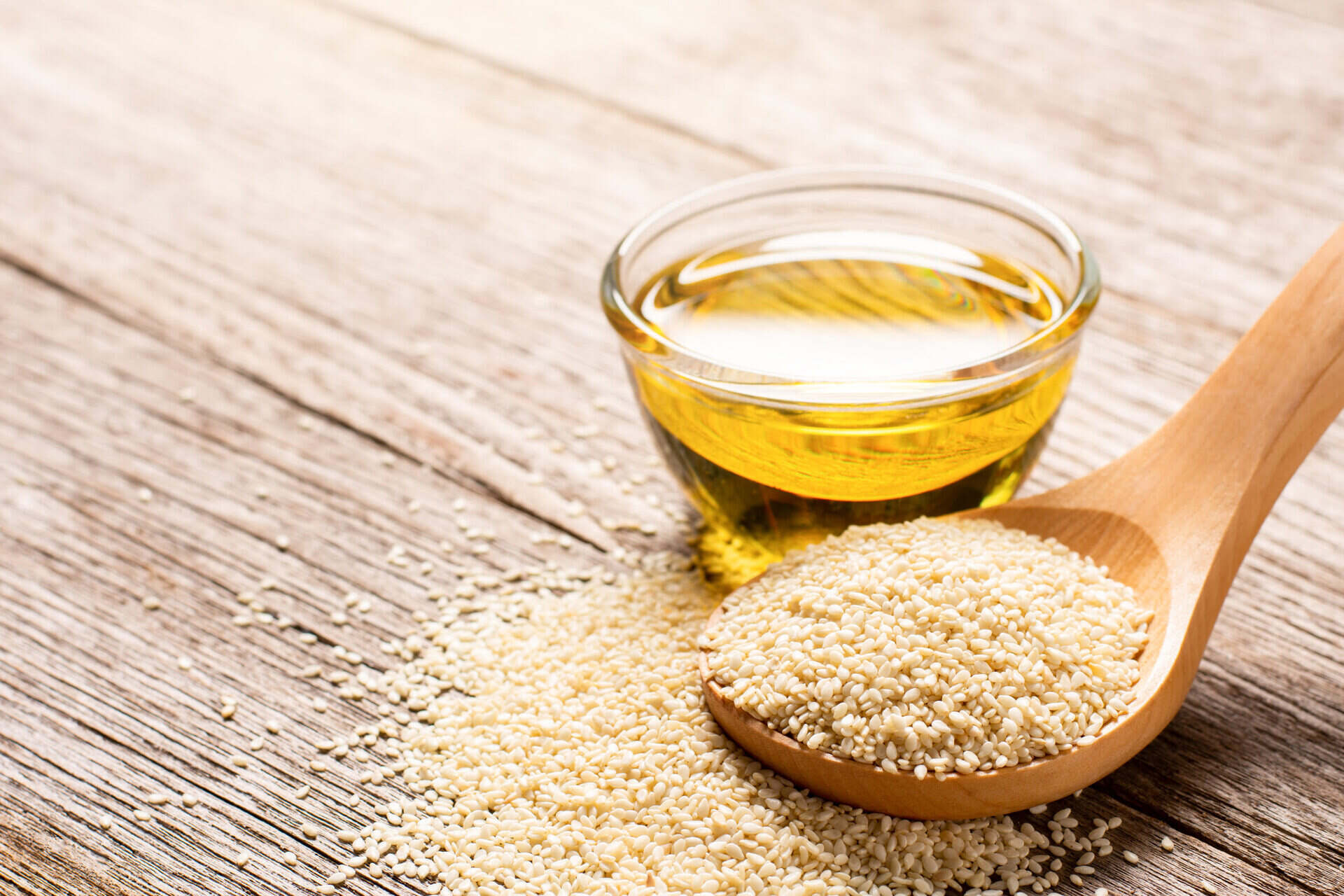
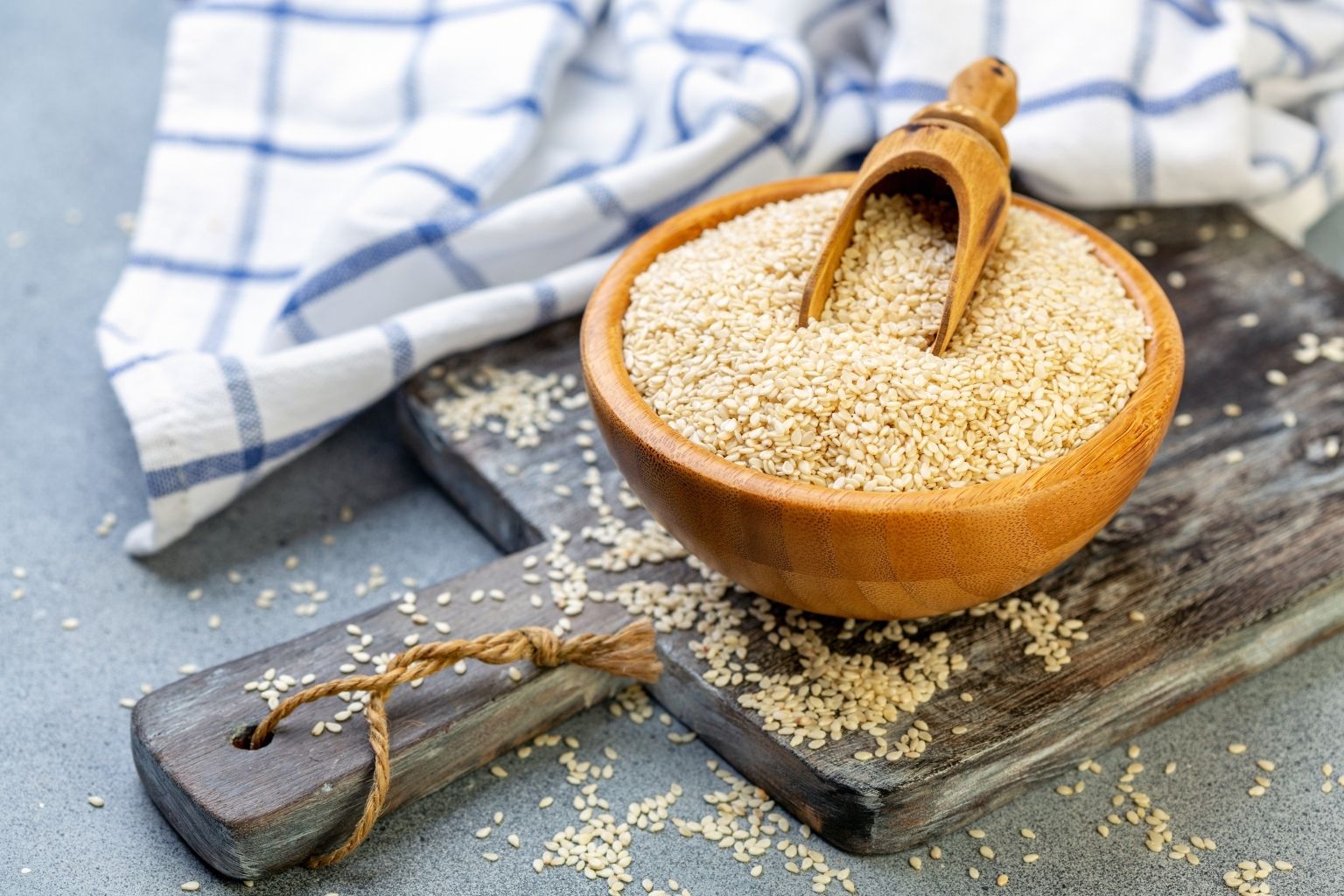
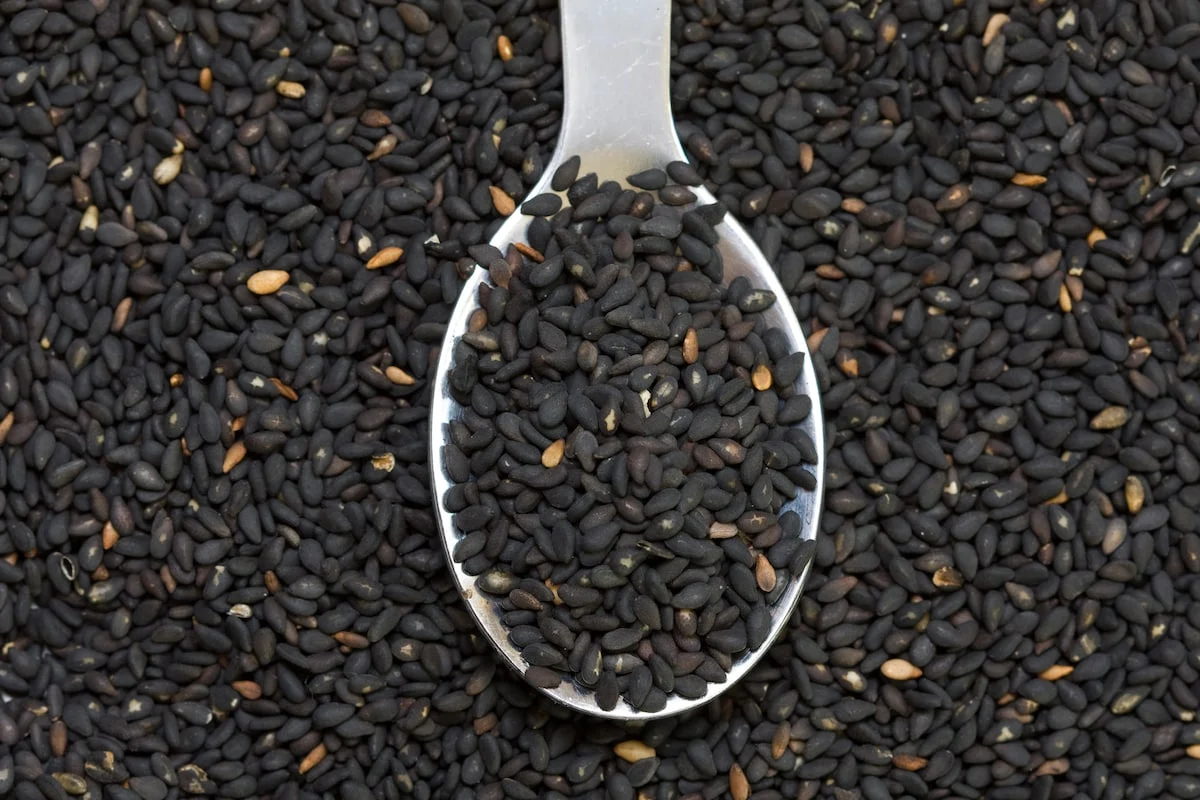
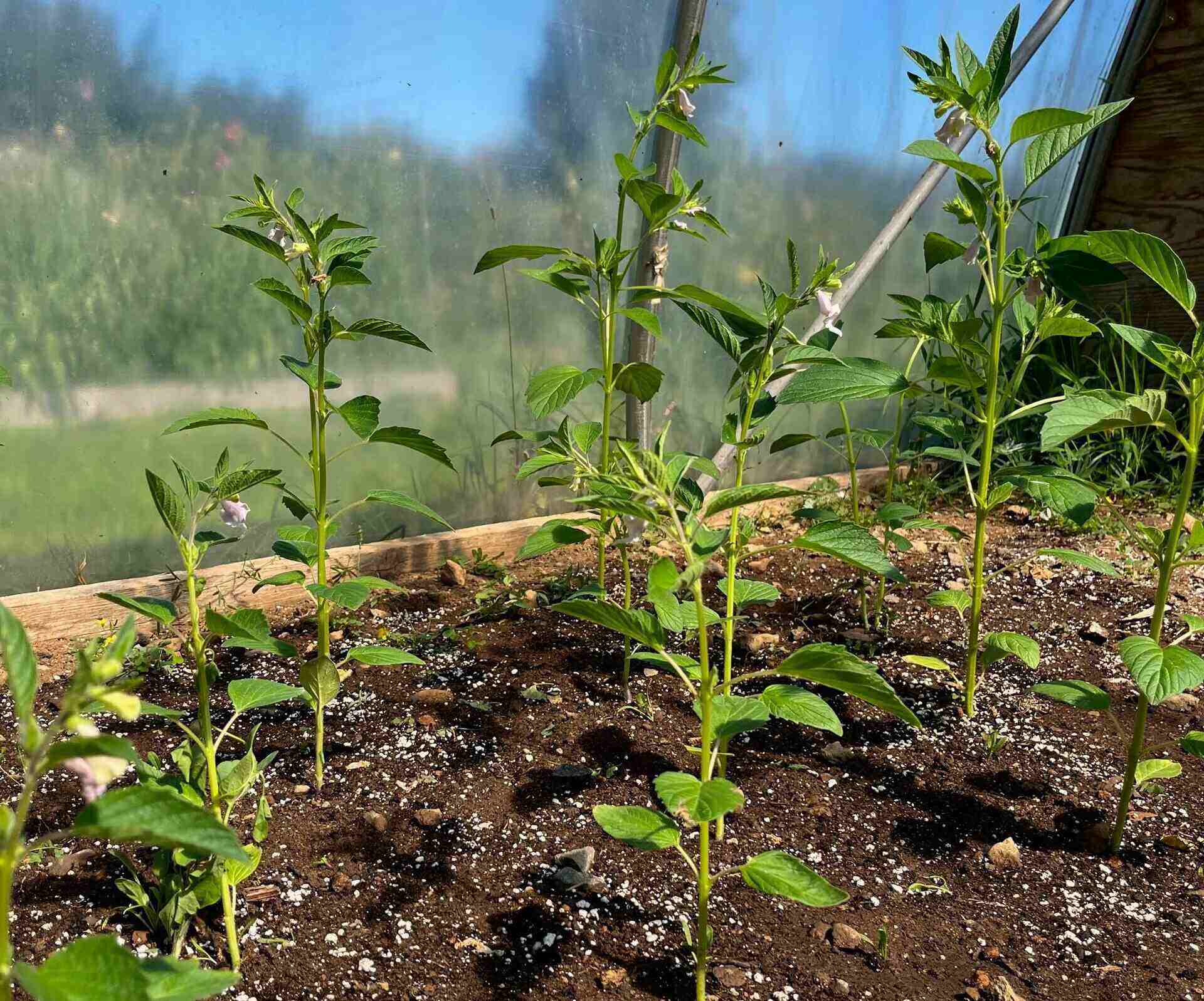
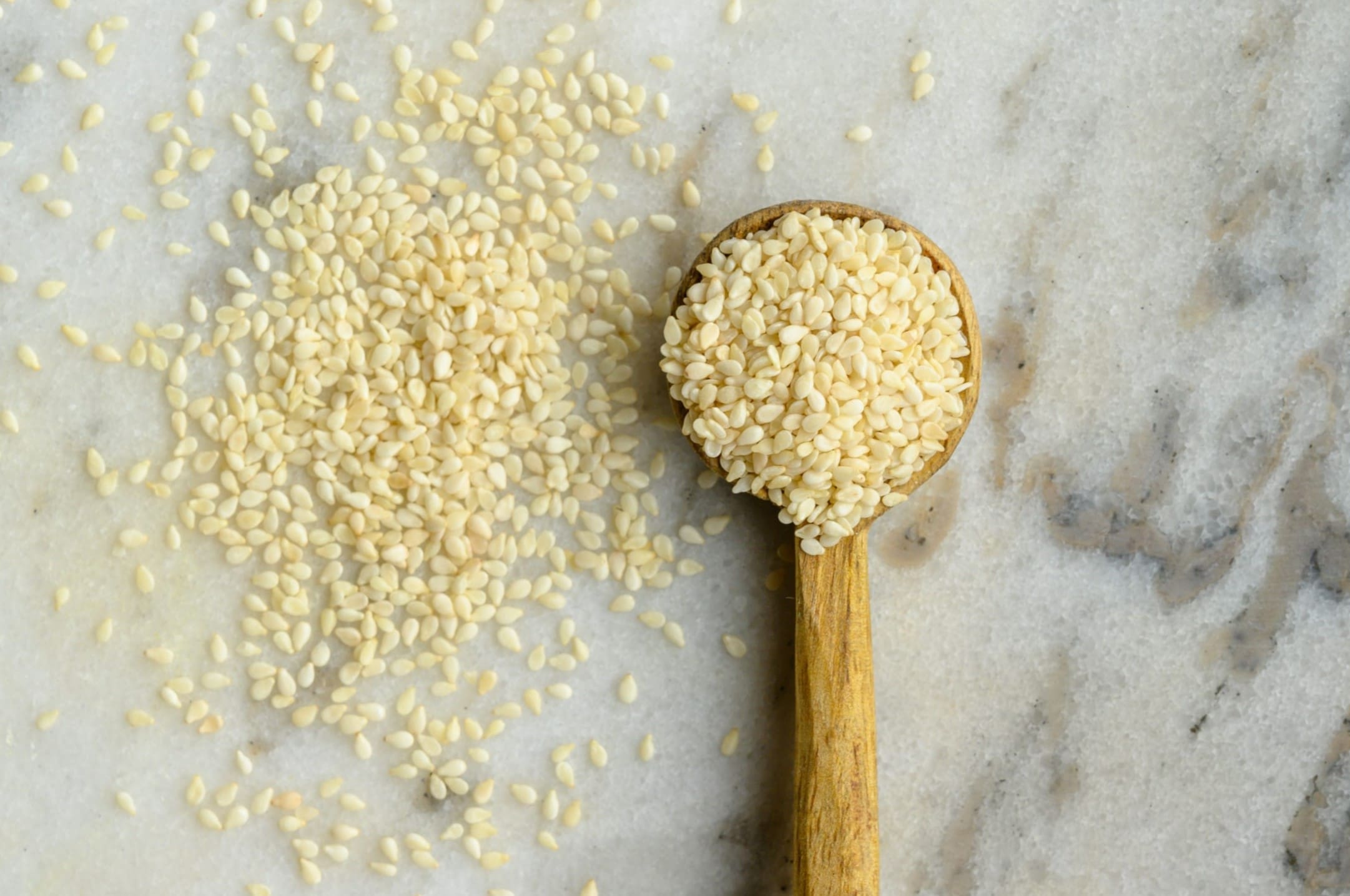
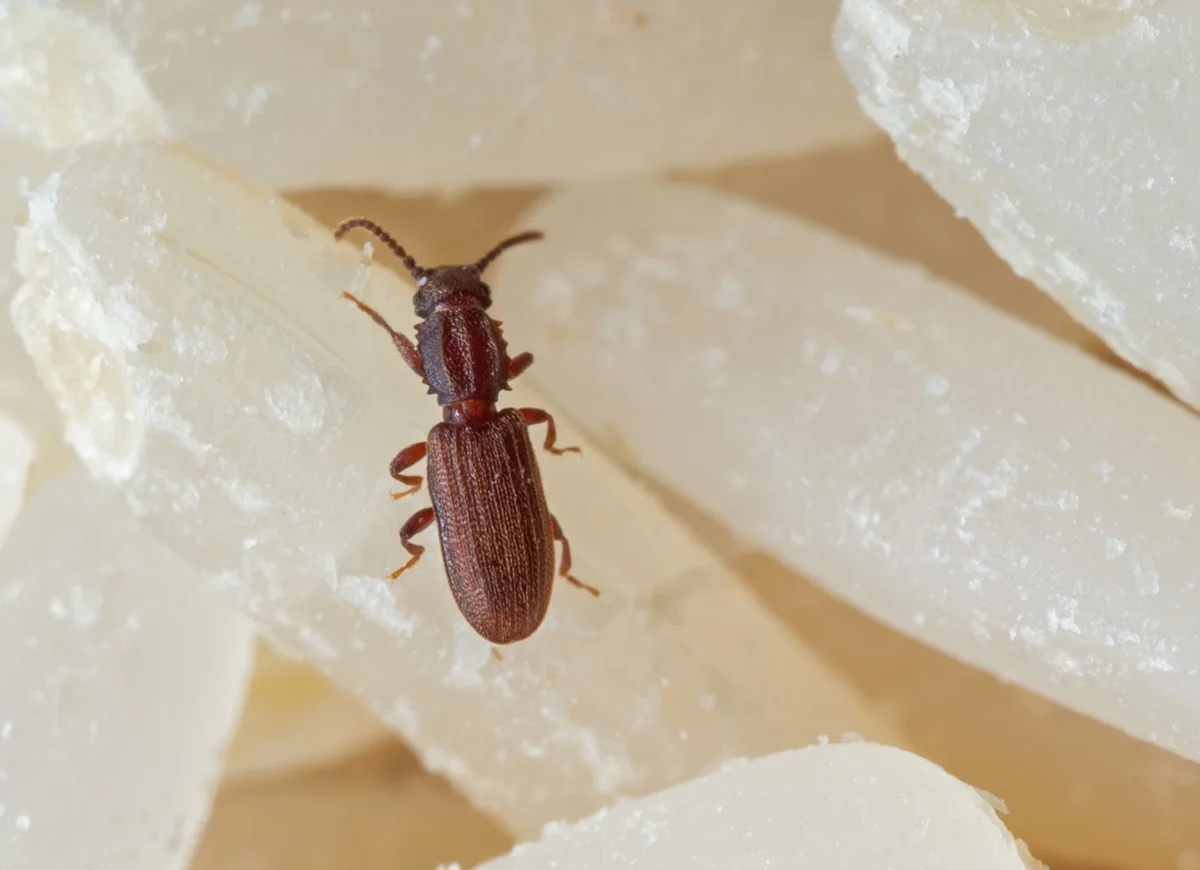

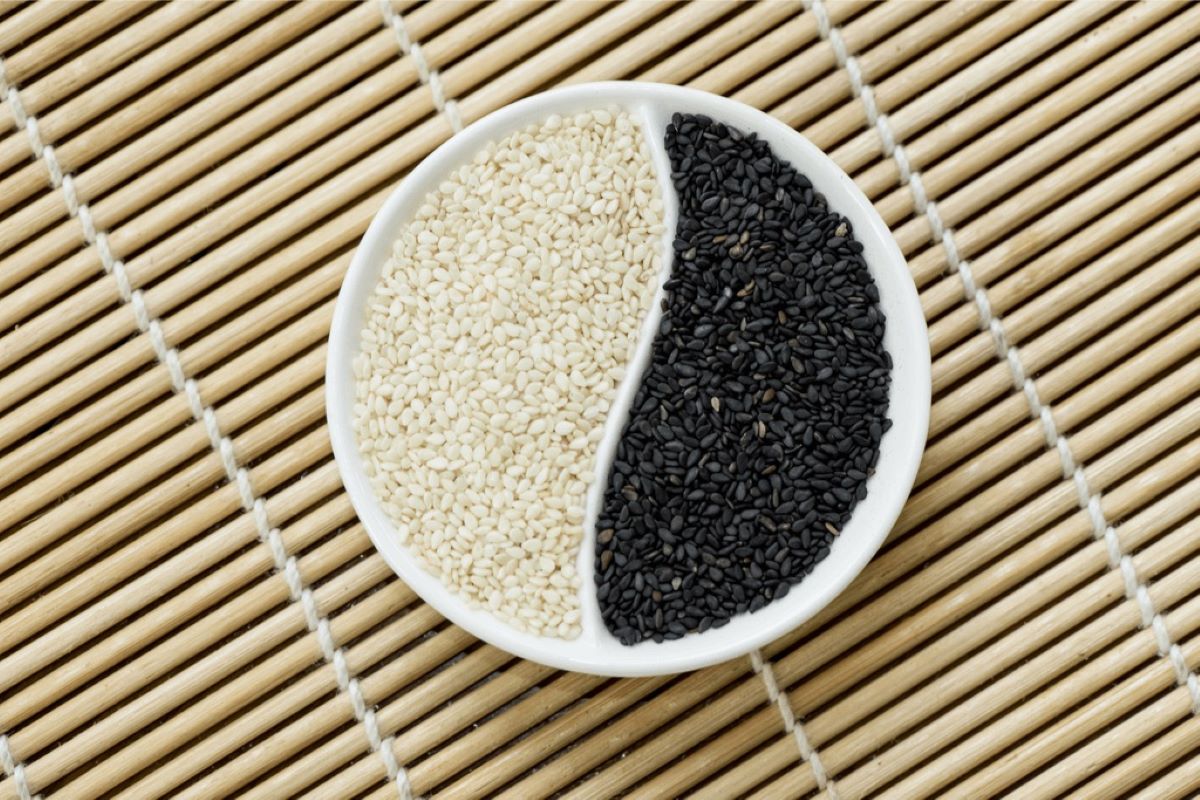
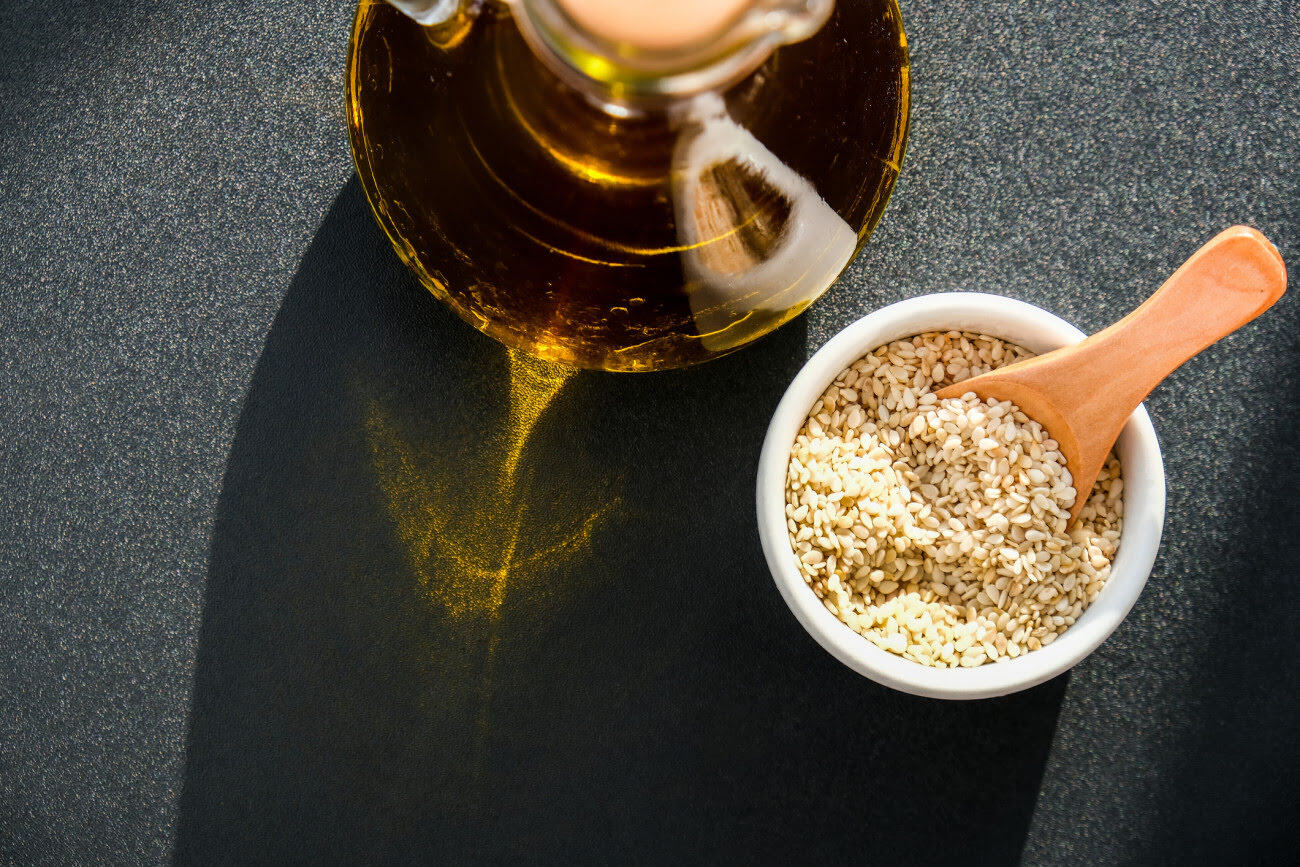
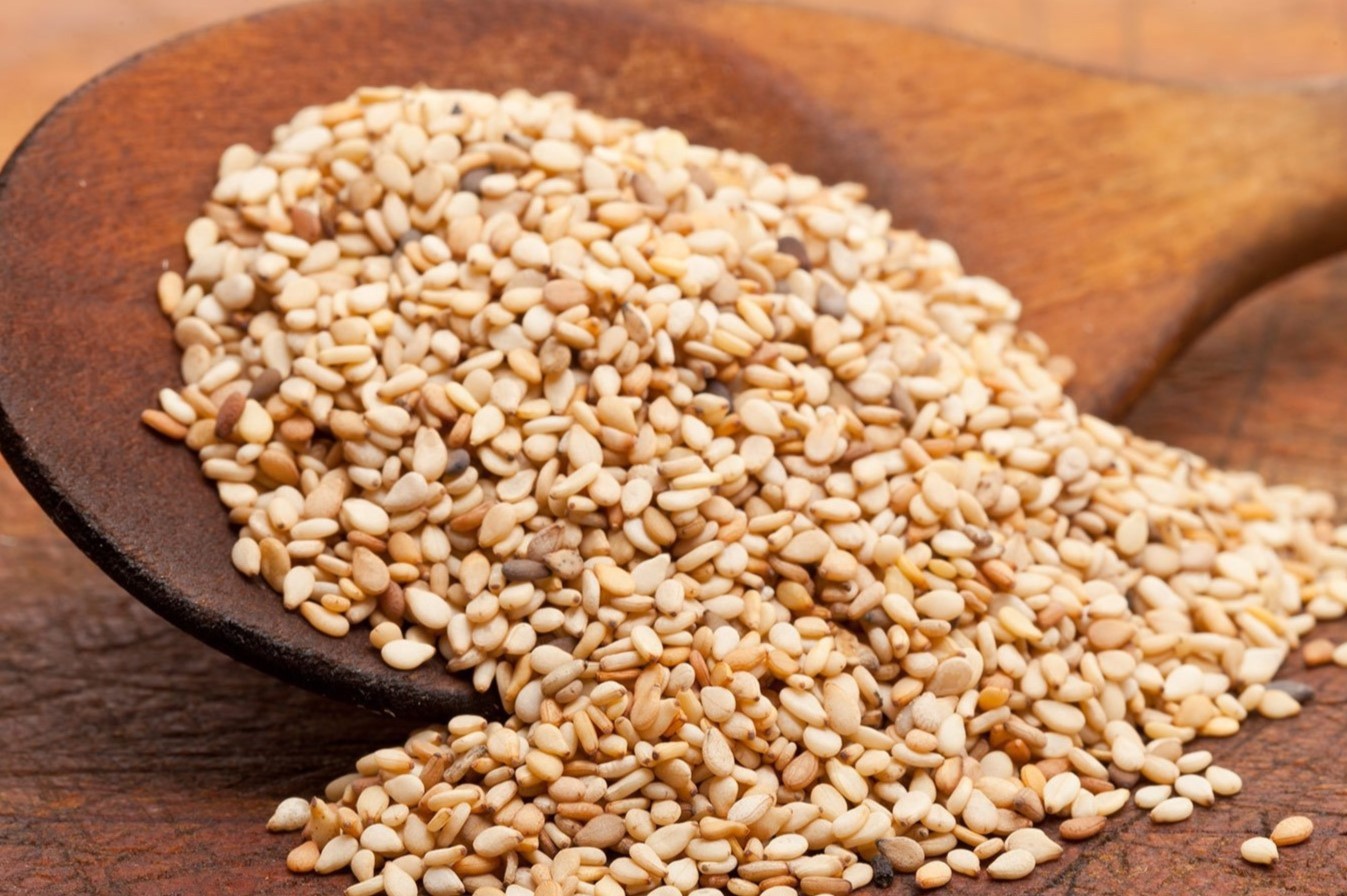
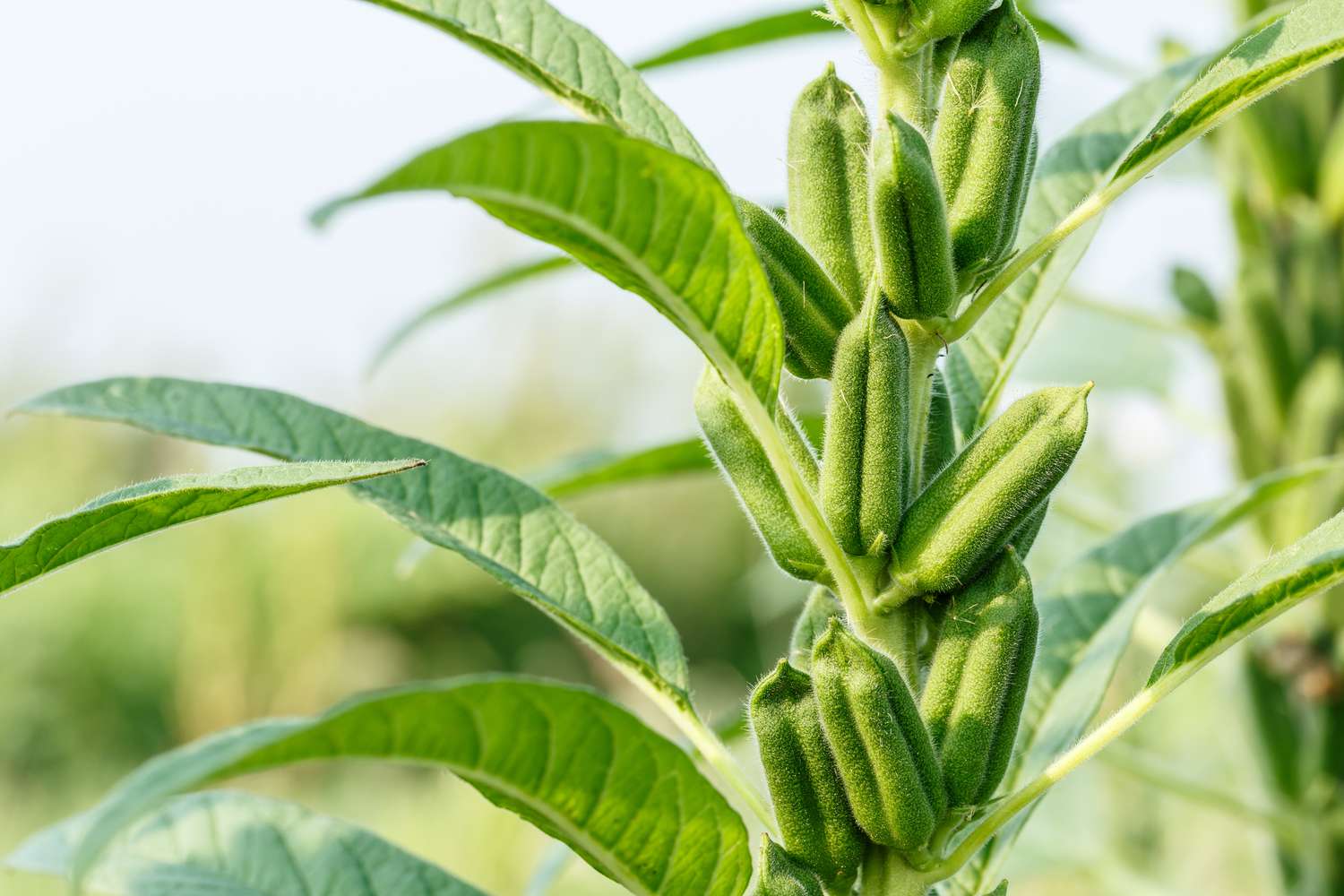
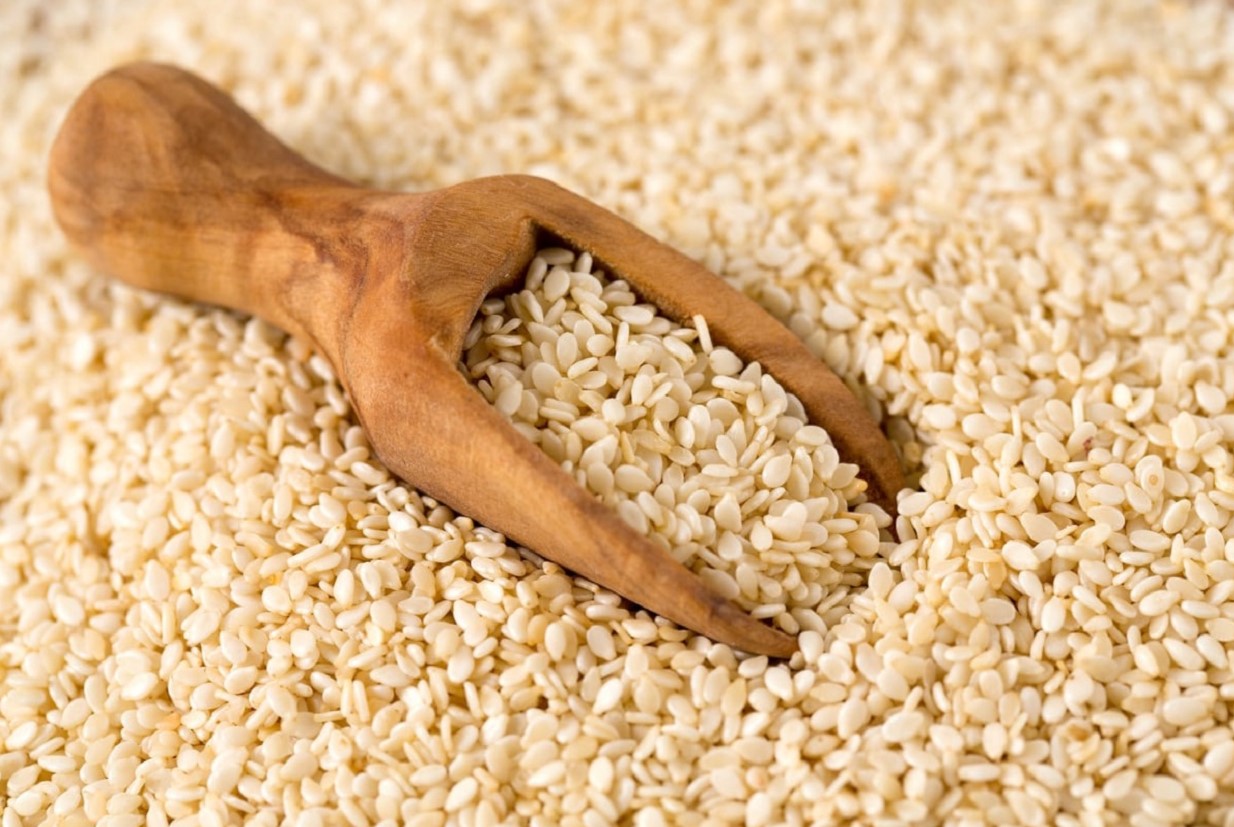
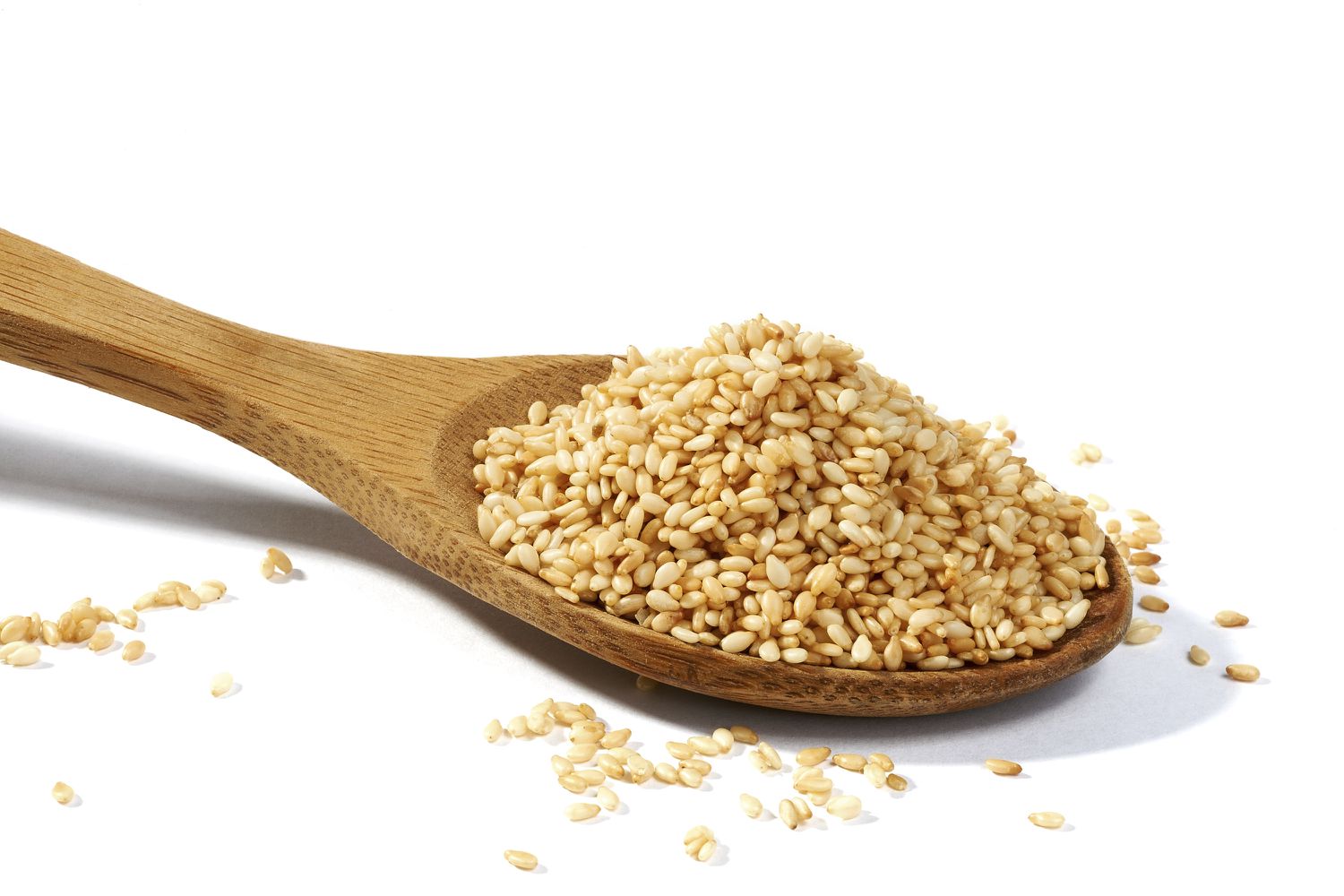

0 thoughts on “What Is Sesame Seed”